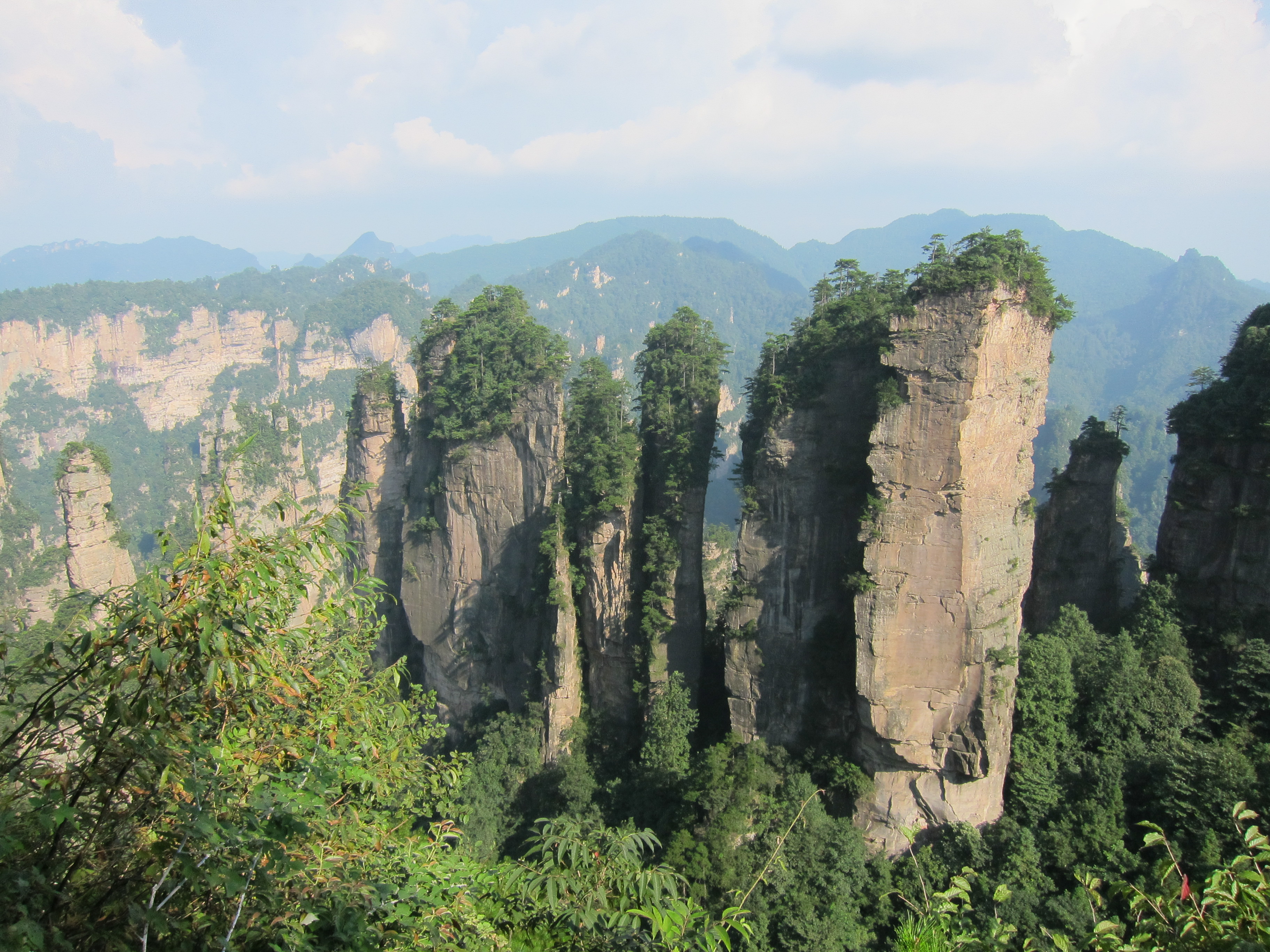
What Language Is Spoken in Zhangjiajie?
While Mandarin Chinese is the official language of China, numerous dialects are spoken throughout the country. Zhangjiajie, a city renowned for its stunning natural beauty, is no exception. Let's delve into the linguistic landscape of this captivating region:
The Dominant Language: Southwestern Mandarin
Residents of Zhangjiajie primarily speak a dialect belonging to the Southwestern Mandarin branch, a broad category within the Mandarin family.
| Feature | Description | |---------------------|-------------------------------------------------------------------| | Dialect Group | Southwestern Mandarin | | Subgroup | New Xiang | | Intelligibility | Generally intelligible with other Southwestern Mandarin dialects | | Tonal System | Four tones, similar to Standard Mandarin |
Similarities and Differences with Standard Mandarin
Despite being categorized as a dialect of Mandarin, the Zhangjiajie dialect exhibits distinct features that differentiate it from Standard Mandarin, the official language of China.
Similarities:
- Vocabulary: A significant portion of the vocabulary overlaps, making basic communication possible.
- Grammar: The fundamental grammatical structure aligns closely with Standard Mandarin.
- Tonal System: Both employ a four-tone system, although the pronunciation of these tones might slightly differ.
Differences:
- Pronunciation: Variations in pronunciation are common, particularly in vowel and consonant sounds.
- Vocabulary: Certain words and expressions are unique to the Zhangjiajie dialect, reflecting local culture and history.
- Intonation: Subtle differences in intonation can alter the nuances of meaning.
Influence of Tourism on Language Use
The burgeoning tourism industry in Zhangjiajie has influenced language use in the region.
- Increased Mandarin Proficiency: With a large influx of domestic and international tourists, locals in tourist areas often demonstrate higher proficiency in Standard Mandarin to facilitate communication.
- Code-Switching: It's not uncommon to observe code-switching, where individuals seamlessly shift between the Zhangjiajie dialect and Standard Mandarin depending on the context and the person they are speaking to.
- Multilingual Signage: Tourist attractions and businesses frequently display signage in multiple languages, including English, Korean, and Japanese, catering to the diverse visitor base.
Conclusion
While the unique Zhangjiajie dialect, a testament to the region's rich cultural heritage, continues to thrive within the local community, Standard Mandarin remains essential for broader communication. The interplay between local dialect and the national language adds another layer of fascination to this captivating destination.
FAQs
Can I get by with just speaking Standard Mandarin in Zhangjiajie?
Yes, particularly in tourist areas, most people involved in tourism-related services will be able to understand and communicate in Standard Mandarin.
Is the Zhangjiajie dialect difficult to understand for Mandarin speakers?
While there are differences, speakers of Standard Mandarin can usually understand the gist of conversations in the Zhangjiajie dialect, especially with context clues.
Are there any resources for learning the Zhangjiajie dialect?
Finding resources specifically dedicated to learning the Zhangjiajie dialect might be challenging. However, immersing oneself in the local culture and interacting with residents remains the most effective way to gain familiarity with the dialect's nuances.